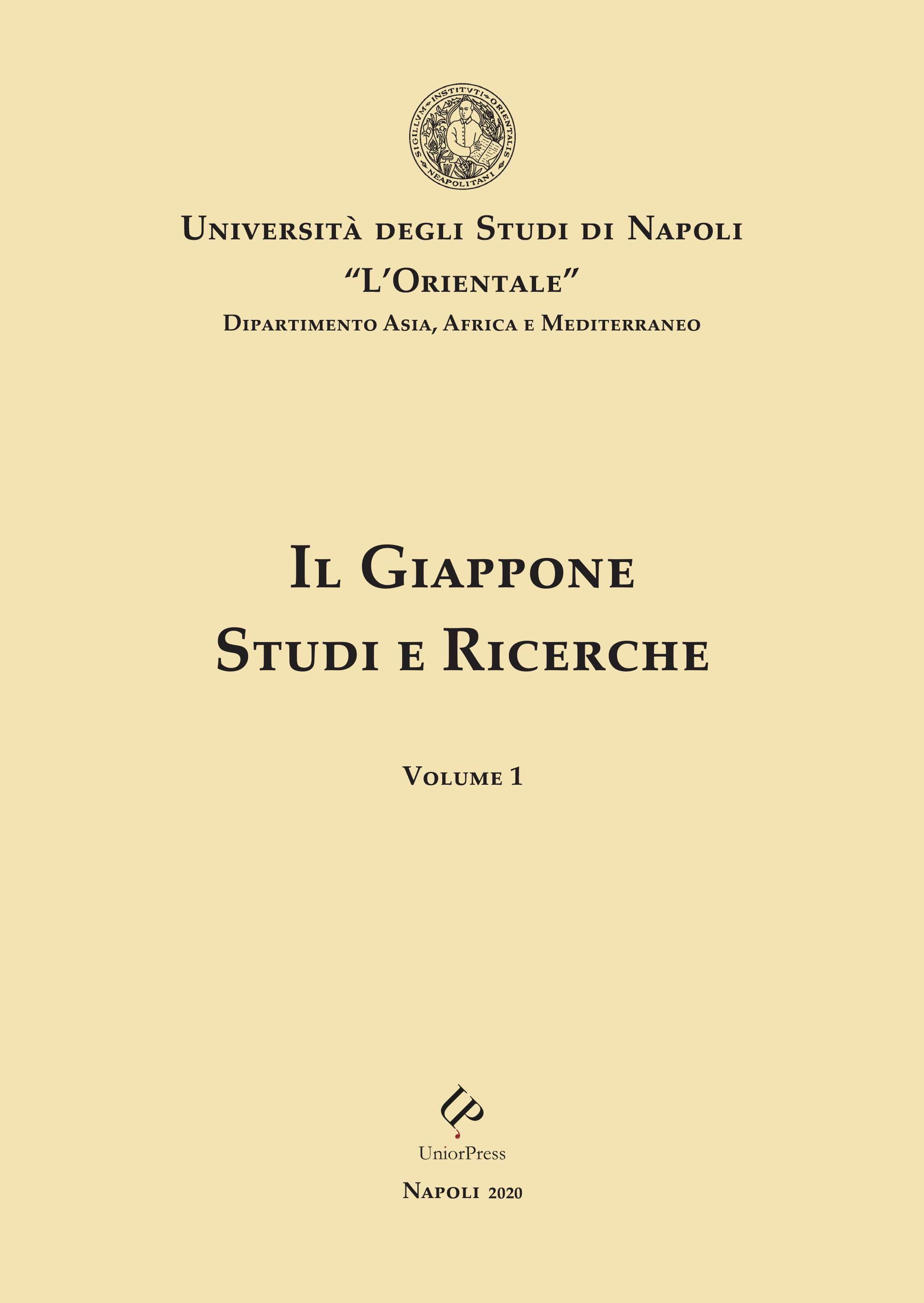Mothers Who Kill: Motherhood and Loneliness in Mori ni nemuru sakana and Saka no tochū no ie by Kakuta Mitsuyo
Abstract
At the beginning of the Nineties, the term mamatomo (mothers’ friend), a popular term used to indicate the friendship between mothers of preschoolers, became central to the study of childcare in Japan. Since the Nineties researchers have investigated the relationship between mum-friends, stressing the positive effects of the mamatomo network on children’s education. However, at the same time, this term carries a negative connotation: on the one hand, it shows the rivalry between mamatomo, often determined by social and financial differences, on the other, it reveals the loneliness of those women who reject this relationship. In either case, women perceive the experience of motherhood in its negative aspects and such uneasiness might result in violence toward their children.
In Japanese contemporary literature, Kakuta Mitsuyo often focuses on female characters depicted in their roles of mothers and daughters. This is why her novels have been analysed in terms of the representation of the mother-daughter relationship conflict. In this paper, I will analyze motherhood in relation to loneliness and violence as depicted in Mori ni nemuru sakana(2008) and Saka no tochū no ie (2016). I argue that these two novels, both narrating stories of infanticide, represent a major change in the way the author addressed the issue of motherhood, in that they stress the role played by society in the creation of the myth of maternal love and the gender division of labour, as well as the effect of fathers’ absence on the well-being of their families.

